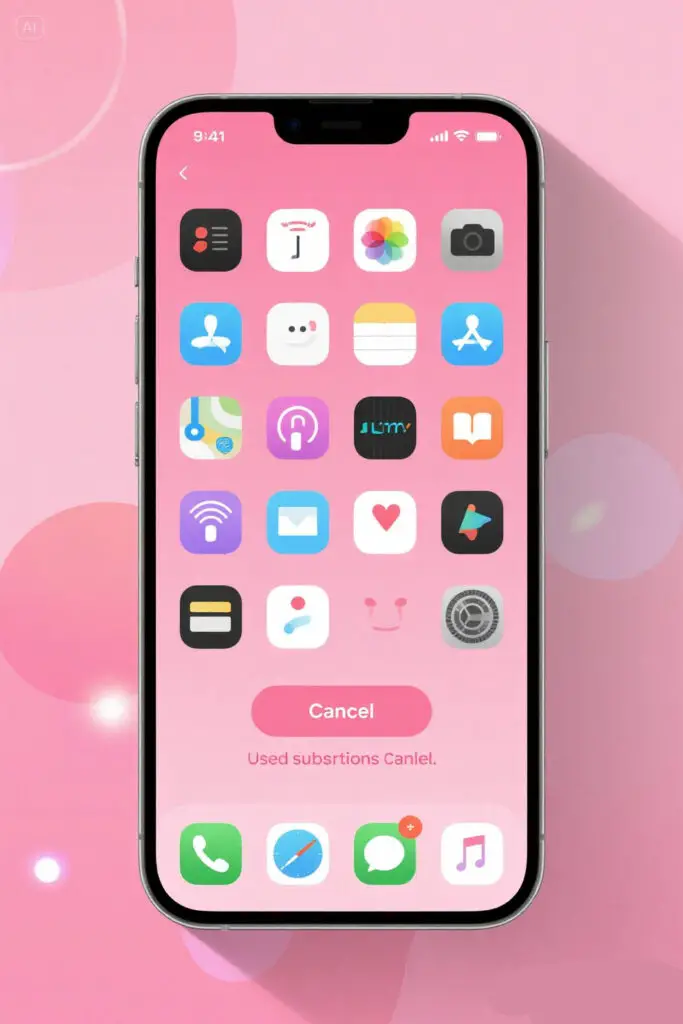Money isn’t everything, but the way you handle it can shape almost every aspect of your life. From paying bills to building your future dream life, the habits and little hacks you use for managing money can make the difference between always being stressed out over finances and finally being in control rather than letting money control you. Whether you are a student, an entrepreneur, or someone simply looking for little money hacks to manage their financial life more effectively, using tips and tricks can transform your financial health in ways you may not realize. This article will explore 24 smart financial hacks, helping you save more and spend smartly, ultimately growing wealth without having to turn your life upside down.
1. Automate Your Savings
To avoid the temptation to use your hard-earned money, automating transfers to your savings account is one of the best options. This way, you don’t have to remember to transfer an amount whenever the saving is due, moreover, this hack also takes away the stress of manually moving an amount to a safe space, allowing your money to grow in silence and peace without any extra effort.
2. Use the 24-Hour Rule
Impulsive buying is one of the biggest obstacles to managing money in a healthy manner. An effective way to deal with impulse shopping is by waiting 24 hours before purchasing, giving yourself the time to think over your choices and asking yourself whether the purchase is worth your money. In most cases, you’ll come to realize that you don’t actually need the item.
3. Track Every Dollar
Keeping track of your spendings can show you where the money is actually going, helping you manage it accordingly. You can use apps to track your spending habits, create a spreadsheet, or use something as simple as a notebook.
4. Embrace the 50/30/20 Rule
To manage your money more effectively, a good strategy would be to use a helpful budgeting method. For a classic option, consider the 50/30/20 rule which involves assigning 50% of your income to essential expenses such as rent, transportation, or groceries, 30% of the paycheck goes to non-essential expenses such as takeouts, shopping, or subscription, and lastly, 20% is used on savings or paying off debt, if there is any.
5. Cancel Unused Subscriptions

Many people pay monthly for apps or memberships they don’t even use. Check your bank statement for hidden charges, figure out subscriptions that silently eat away a chunk of your income every month, cancel them, and direct the same money towards something more meaningful like a savings fund or safety net.
6. Cook at Home More Often
Takeouts and restaurant bills cost much more than we realize. Cooking at home not only saves money but also gives you healthier meals. A better strategy is to plan your meals ahead of time and make the necessary preparations, so that whenever you feel like eating, you already have a meal ready or prepped. This way, you eat healthy food at home while also avoiding food waste.
7. Negotiate Bills
Phone, internet, or even insurance companies offer lower rates if you simply ask them. Instead of assuming that the prices are fixed, try giving the companies a polite call, you may end up saving thousands of dollars a year!
8. Pay Yourself First
Each time your paycheck hits your bank account, a simple yet highly effective financial hack is to pay yourself. Before you spend your money on rent, groceries, utilities, or other expenses, make it your habit to transfer an amount to your savings account first. If you wait until the month ends, you’ll rarely have anything left, which is exactly why his habit is a must-try, ensuring that your financial goals always come first.
9. Build an Emergency Fund
Life throws unexpected challenges when you least expect them. Whether it’s a sudden medical bill, job loss, or car repair, having a safety net in place can help you deal with these circumstances with confidence.
Try having 3–6 months of expenses saved in a separate savings account to protect yourself from falling into debt during tough times.
10. Round Up Purchases
An easy yet effective saving trick is rounding up your purchases to the nearest dollar and saving the difference. For example, if you spend $8.60, round it up to $9 and set aside the extra $0.40.
Many apps can do this automatically, and over time, those small amounts add up into significant savings without you even noticing.
11. Shop with a List
Shopping without a plan often leads to overspending on items you don’t really need. Having a list keeps you focused and prevents impulse purchases.
This simple habit saves money, reduces waste, and ensures you only buy what you truly need.
12. Buy in Bulk (But Smartly)
Buying essentials in bulk such as items like rice, pasta, cleaning products, or toiletries are perfect bulk purchases that are also cheaper in the long run.
Just be careful to only buy what you know you’ll use before it expires, otherwise you’re not saving, you’re wasting.
13. Use Cashback and Reward
Cashback offers, rewards points, and loyalty programs can stretch your money further. By using cards or apps that give you rewards on everyday purchases, you get back a portion of what you spend. However, always remember to use these perks wisely, not as an excuse to overspend.
14. Plan Your Meals Around Discounts
Groceries can eat up a large part of your budget. A smart strategy is to plan meals based on weekly store discounts or seasonal sales. This not only lowers your expenses but also pushes you to be more creative with meals while saving money.
15. DIY Where Possible
Hiring professionals for every little task can be costly. Learning to do small repairs, cooking your own meals, or even brewing your own coffee can cut expenses significantly. DIY doesn’t mean doing everything yourself, but for smaller tasks, it’s a big money-saver.
16. Set Sinking Funds
Certain expenses like car maintenance, holiday gifts, or vacations don’t come monthly, but they always show up eventually. A sinking fund is where you save small amounts regularly for these expenses. When the time comes, you’ll already have the money set aside instead of scrambling or going into debt.
17. Invest Early
The sooner you start investing, the more your money benefits from compound growth. Even small investments made early can turn into large sums over time.
18. Avoid Lifestyle Inflation

It’s tempting to upgrade your lifestyle when your income increases, such as buying nicer cars, bigger homes, more luxuries, but if your spending rises with your income, you’ll never build wealth. Instead, keep your lifestyle steady and direct extra income toward savings or investments.
19. Unsubscribe From Temptation
Emails and social media ads are designed to push you into spending. By unsubscribing from shopping newsletters and unfollowing pages that constantly tempt you, you can reduce the urge to buy things you don’t need..
20. Use Public Transport
Owning a car can be expensive with fuel, insurance, parking, and maintenance costs. Whenever possible, use public transportation or carpooling to save money. It’s not just budget-friendly but also eco-friendly, helping you cut costs and reduce stress.
21. Buy Secondhand
Many items like furniture, clothes, and even electronics are available in great condition at a fraction of the cost. Thrift stores, online marketplaces, or community sales can help you save money while being sustainable.
22. Learn Basic Financial Literacy
The more you understand money, the better you can manage it. Reading finance books, listening to podcasts, or following reliable finance blogs can build your knowledge. Even basic financial literacy helps you make smarter choices and avoid costly mistakes.
23. Set Clear Money Goals
Money without direction often disappears quickly which is why it is important to set clear goals like buying a home, paying off debt, or saving for retirement. Having a target keeps you motivated and gives you a sense of purpose for every dollar you save.
24. Celebrate Small Wins
Whenever you reach a financial milestone, it is important to celebrate your success. Whether you’ve paid off a credit card debt, saved your first $500, or stuck to a budget for a month, treat yourself in a budget-friendly way.
These small celebrations don‘t have to cost you a lot, they can be as simple as watching your comfort movie, having your favorite meal, or going for a fun day out with friends.
Conclusion
Money is something we all deal with every single day, and while it can sometimes feel overwhelming, the truth is that even small changes in the way we handle it can completely shift our financial lives. These 24 hacks are not about turning your life upside down or making you feel restricted, but about giving you little tools and habits that make things lighter and more manageable.. The best part is that none of these hacks requires perfection, what matters is consistency, patience, and the belief that progress, no matter how small, is worth celebrating. By making money work for you instead of against you, you not only grow your wealth but also create peace of mind and freedom in your everyday life.
